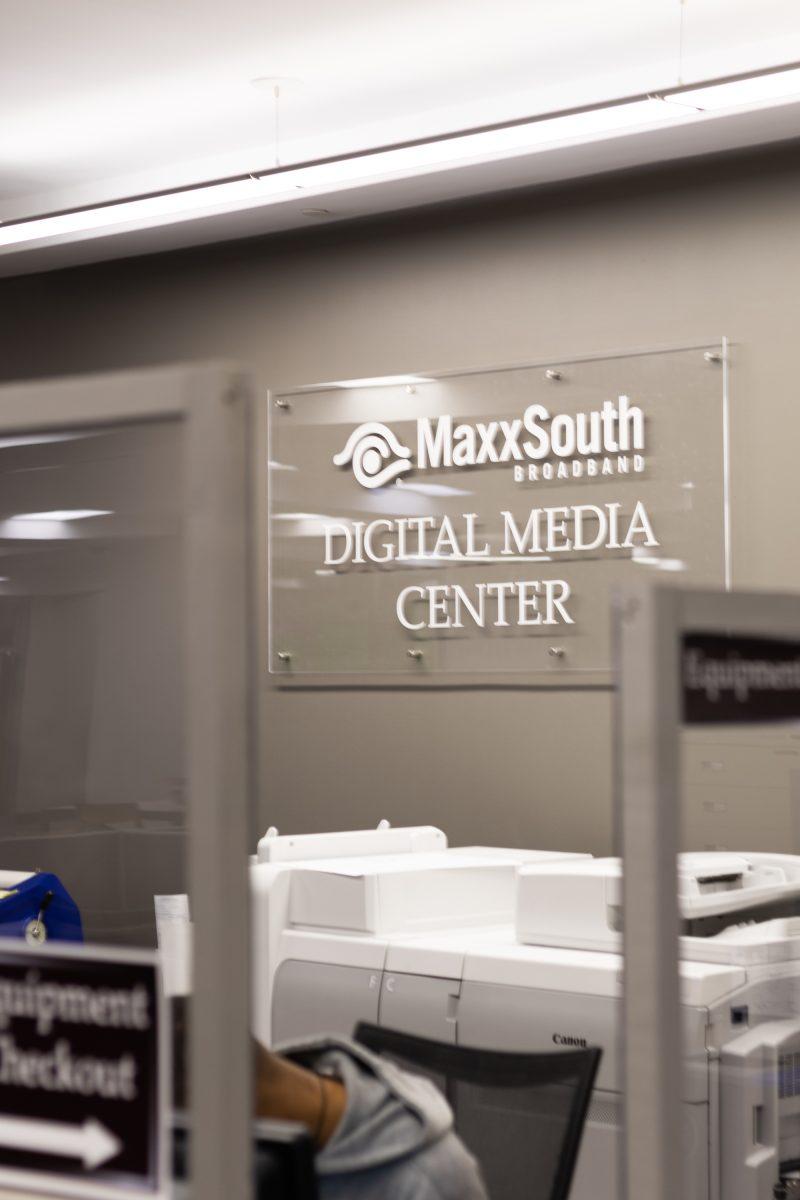It is very clear an infinite number of things divide us as a people. Some of these divides are race, gender and age, but what about digital access?
According to Broadband Search, 41% of Mississippi residents have no internet connectivity, which is the highest rate in the country. This alarming divide in broadband internet access is referred to as the digital divide.
Lack of broadband internet makes it much harder for students to complete their homework, apply for colleges and scholarships and has been proven to cause higher dropout rates. The digital divide also affects people in terms of health and job security because, without internet access, people are unable to attend telehealth appointments, look up nearby medical offices, research jobs and contact employers when at home. Since Mississippi is the most impacted state by the digital divide, it is not surprising that it is also most affected by poverty, lack of education and poor health.
Why has the Magnolia State fallen so behind in terms of internet access when the rest of the country was able to keep up? Once upon a time, in a land of home phones and party lines, many media and communication conglomerates came into various Southern states, including Mississippi, and created laws which made it illegal for cities to provide their own communication access. Years later, these laws still stand in 19 states and affect communication entities such as broadband internet.
According to Robert Seamans for Forbes, 19 states either restrict or prohibit communities from offering their own broadband. These laws were implemented to stifle competition and suppress efforts of local communities attempting to bridge the digital divide. Laws like these result in the establishment of major media conglomerates within states which limit broadband options for customers.
A perfect example of this is MaxxSouth Broadband being the most popular internet provider in Starkville. This issue is not only specific to Starkville, however. According to Broadband Search, 50% of Mississippi residents have at least three internet service providers to choose from where they live. This means about half of the people living in Mississippi have less than three internet providers to choose from.
On the bright side, our beautiful state of Mississippi is not completely doomed in terms of digital access. In 2019, Governor Phil Bryant signed the Mississippi Broadband Enabling Act, which is a major step forward for Mississippians. According to Ashton Pittman for Jackson Free Press, this law allows Mississippi’s 25 electrical co-ops to provide broadband internet to their customers in rural communities.
While the Mississippi Broadband Enabling Act is a great step forward in the digital divide battle, there needs to be more grants provided to rural cooperatives so they can install the infrastructure necessary to provide broadband internet. These infrastructure installations can cost hundreds of thousands of dollars which rural communities just do not have. Without this money, the Mississippi Broadband Enabling Act is virtually pointless.
It is up to Mississippi’s politicians to help provide their citizens with the money needed to close the digital gap. Without these grants, it will be nearly impossible for Mississippi to become more educated, employed, healthy and ultimately catch up to the rest of the country.
Categories:
Politicians fail Mississippians by neglecting the digital divide
Jahari Bell | The Reflector
MaxxSouth Broadband Digital Media Center on MSU’s campus houses the broadcast journalism studio.
0
Donate to The Reflector
Your donation will support the student journalists of Mississippi State University. Your contribution will allow us to purchase equipment and cover our annual website hosting costs.
More to Discover






